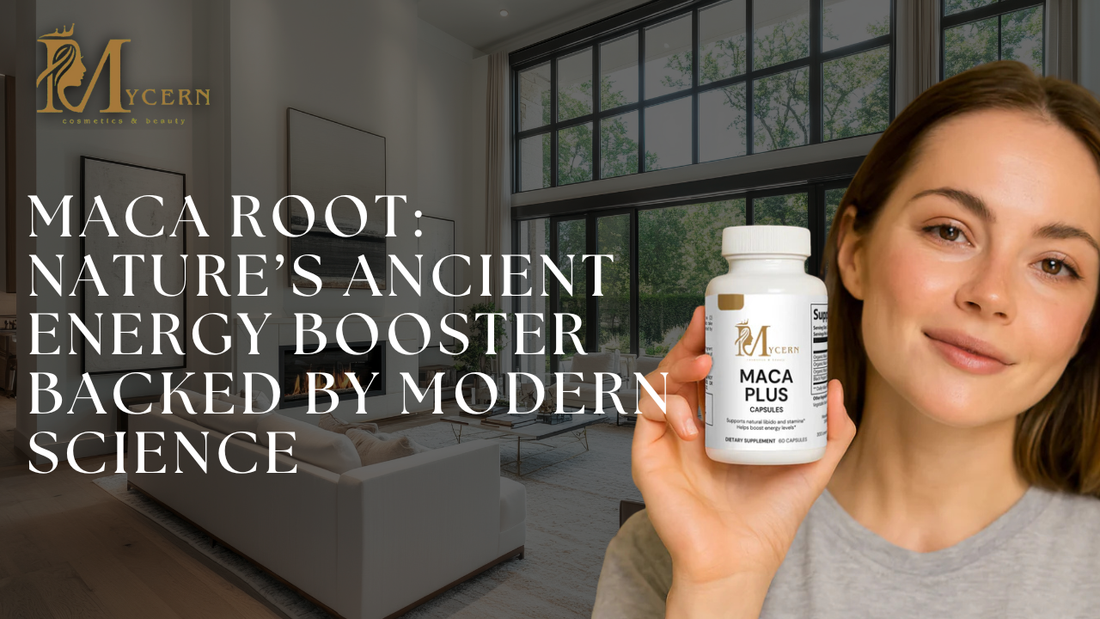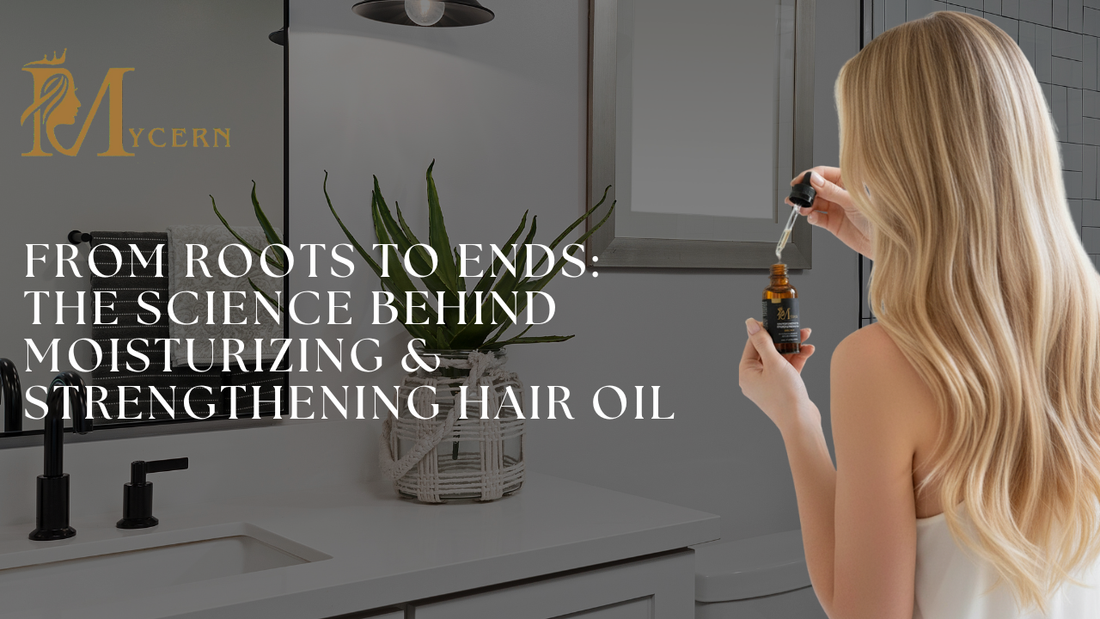Introduction
The main protein found in many species is collagen, which is essential for the mechanical characteristics and structure of the tissues. Its anti-aging, surgical, and cosmetic uses have been thoroughly investigated [1]. Because collagen has a quaternary structure and is a complex protein molecule, it must undergo multiple digestive steps to be broken down into amino acids and absorbed [2]. The production of natural collagen begins to decrease with age, resulting in muscle loss, joint stiffness, and other aging symptoms [3].
What Are Hydrolyzed Collagen Peptides?
To put it simply, hydrolysis is the process by which the collagen proteins are broken down into smaller units known as collagen peptides. This is the difference between hydrolyzed collagen and collagen. Glycine, proline, hydroxyproline, and alanine are the same amino acids found in both collagen and collagen peptides; however, because peptides are easier for the body to digest, they can be utilized more rapidly and readily [4, 5].
How Hydrolyzed Collagen Peptides Stimulate Collagen Synthesis
Collagen synthesis mostly occurs in fibroblast cells, which are specialized cells whose primary function is to synthesize collagen and stroma [6]. After entering the bloodstream, bioactive peptides such as Pro-Hyp attach to fibroblast receptors, encouraging cells to produce more collagen or extracellular matrix, which aids in tissue regeneration.
Additionally, recent studies have indicated that hydrolyzed collagen may increase fibroblast proliferation while decreasing inflammatory markers. Fibroblasts produce collagen; therefore, there is a positive feedback loop whereby collagen peptides stimulate the cells that manufacture more collagen, improving joint and skin repair [2].
Conclusion
Hydrolyzed collagen peptides are useful dietary supplements and functional food ingredients because they present a viable path toward enhancing skin health and minimizing wrinkles. For individuals looking for a superior source, MyCern Grass-Fed Hydrolyzed Collagen Peptides offer a pure, bioavailable solution that is high in Type I and III collagen, promoting the health of skin, joints, and other tissues.
References
-
Andrei, F., et al., Unlocking the potential of collagen: A comprehensive review on its dermocosmetic benefits and applications. Brazilian Journal of Pharmaceutical Sciences, 2025. 61: p. e23983.
-
Inacio, P.A.Q., et al., Effects of Hydrolyzed Collagen as a Dietary Supplement on Fibroblast Activation: A Systematic Review. Nutrients, 2024. 16(11): p. 1543.
-
Holwerda, A.M. and L.J. van Loon, The impact of collagen protein ingestion on musculoskeletal connective tissue remodeling: a narrative review. Nutrition reviews, 2022. 80(6): p. 1497-1514.
-
Inoue, N., F. Sugihara, and X. Wang, Ingestion of bioactive collagen hydrolysates enhance facial skin moisture and elasticity and reduce facial ageing signs in a randomised double‐blind placebo‐controlled clinical study. Journal of the Science of Food Agriculture, 2016. 96(12): p. 4077-4081.
-
Chen, L., et al., The effect of oral supplements containing collagen peptides rich in X-Hyp or X-Hyp-Gly compared with normal collagen hydrolysates on skin elasticity and collagen holes: a randomised double-blind clinical study. Food Function, 2023. 14(23): p. 10628–10638.
-
Wu, M., K. Cronin, and J.S. Crane, Biochemistry, collagen synthesis. 2018.
About the Author
This blog is written by Dr. Hina Manzoor, Ph.D. in Biochemistry, a specialist in nutraceuticals with over four years of experience as a Quality Control Manager in the supplement industry. Dr. Manzoor is passionate about bridging science and wellness, offering evidence-based insights to help readers make informed choices about their health.






